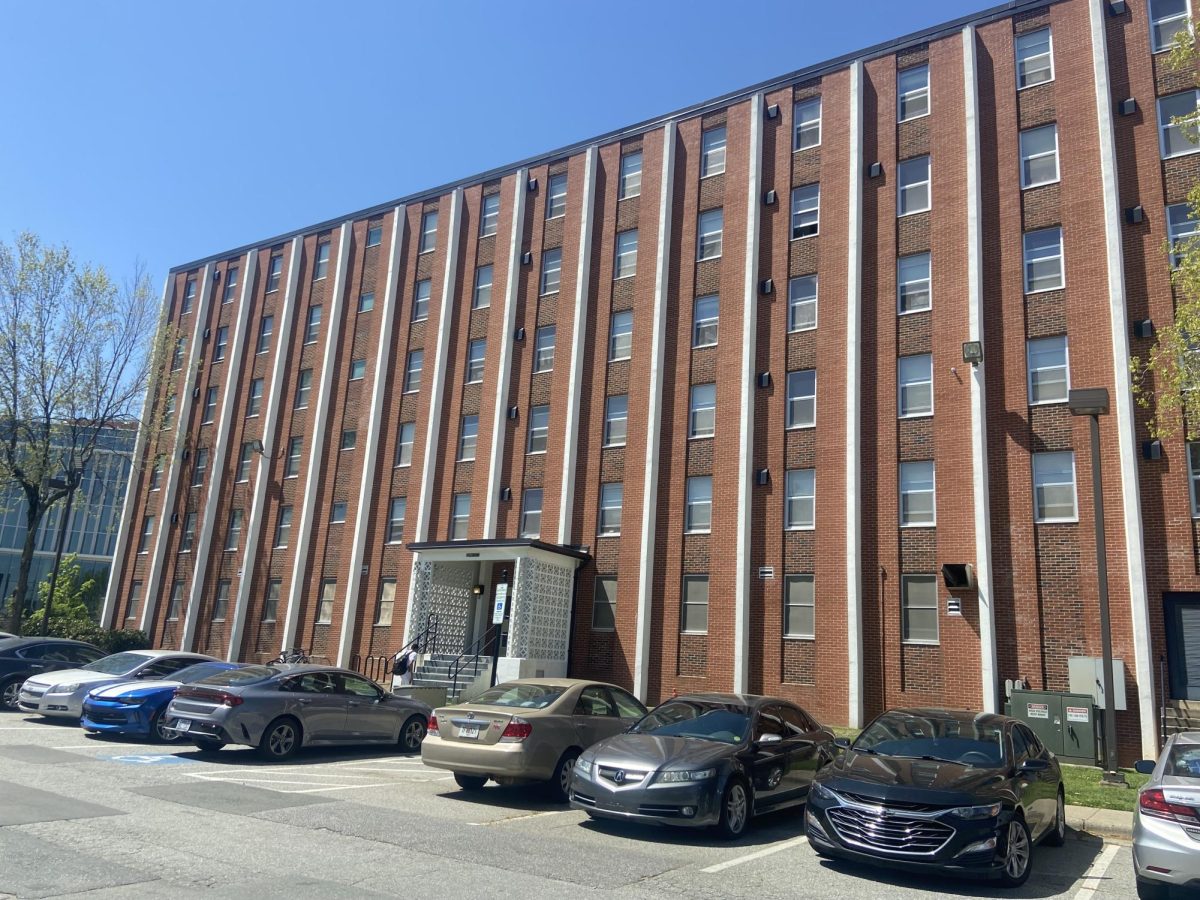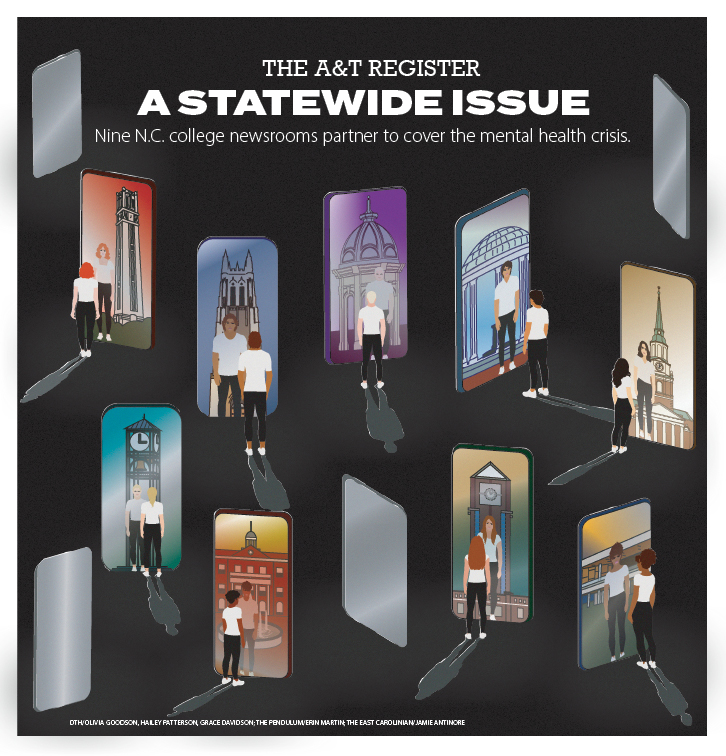By Brittany Van Pelt, Register Reporter
North Carolina’s Republican lawmakers introduced a bill this week that would outlaw same-sex marriage in the state. The proposed House Bill 780 (The Uphold of Marriage Act) would restore the state’s constitution on gay marriage before it was overturned federally by Supreme Court in 2015.
House Speaker Tim Moore said that “the bill won’t get a hearing in the house, which would make it effectively dead.
“I think it is a slap in the face to federal law and all the citizen’s here that identify as LGBTQ+,” said sophomore political science student, Nya McNeill.
If passed, the bill would overrule the Supreme Court’s decision and make marriage’s conducted both in and out of the state invalid.
Governor Roy Cooper tweeted Tuesday that “the bill is wrong and we need more protections for LGBT people, not less.”
The bill, which was sponsored by Republicans Larry Pittman, Michael Speciale, and Carl Ford, quoted Genesis 2:24 from the bible.
The quote states that the ruling “a man shall leave his father and his mother and hold fast to his wife, and they shall become one flesh.”
In 2012, a constitutional referendum was passed which outlawed same-sex marriage in the state with over 60 percent of the voters approving the ban.
“I think it’s unfair because gay marriage has already been passed on national level. So why are we trying to go backwards when everyone wants to progress as a nation?” said professional theatre student, Kaetlin Sifford.
House Bill 780 is the second bill within the past two years that has directly targeted LGBTQ+ citizens in North Carolina.
It is unknown how long or if the bill will be killed before it could be considered a law. Yet, if anything, House Bill 780 not only disfranchises LGBTQ+ North Carolinians but their state leaders also consider them to be second-class citizens.






